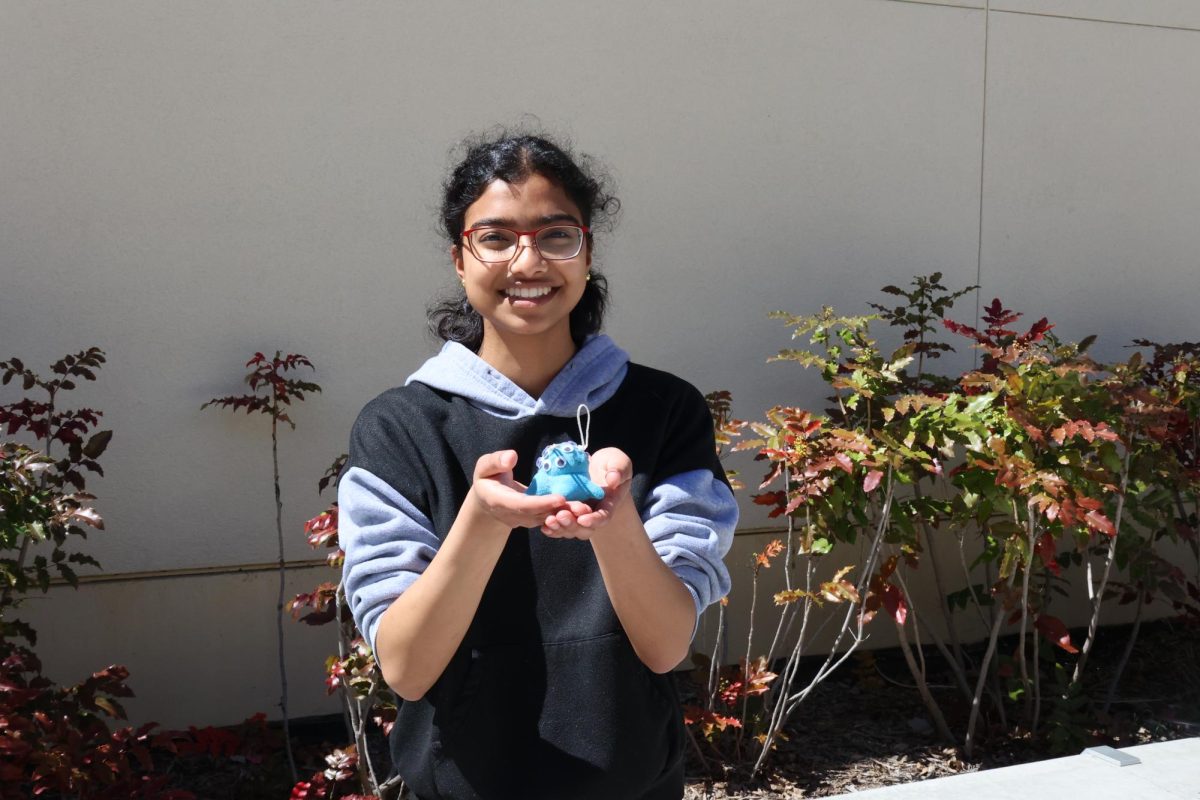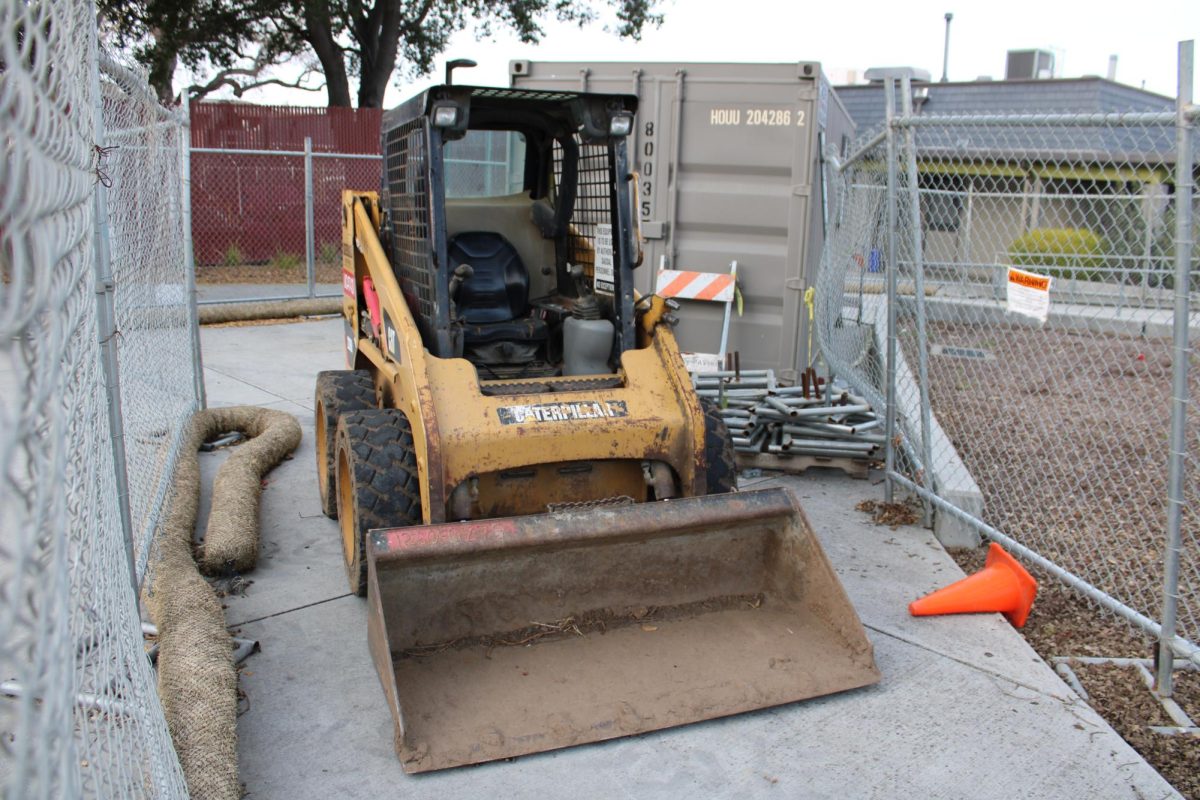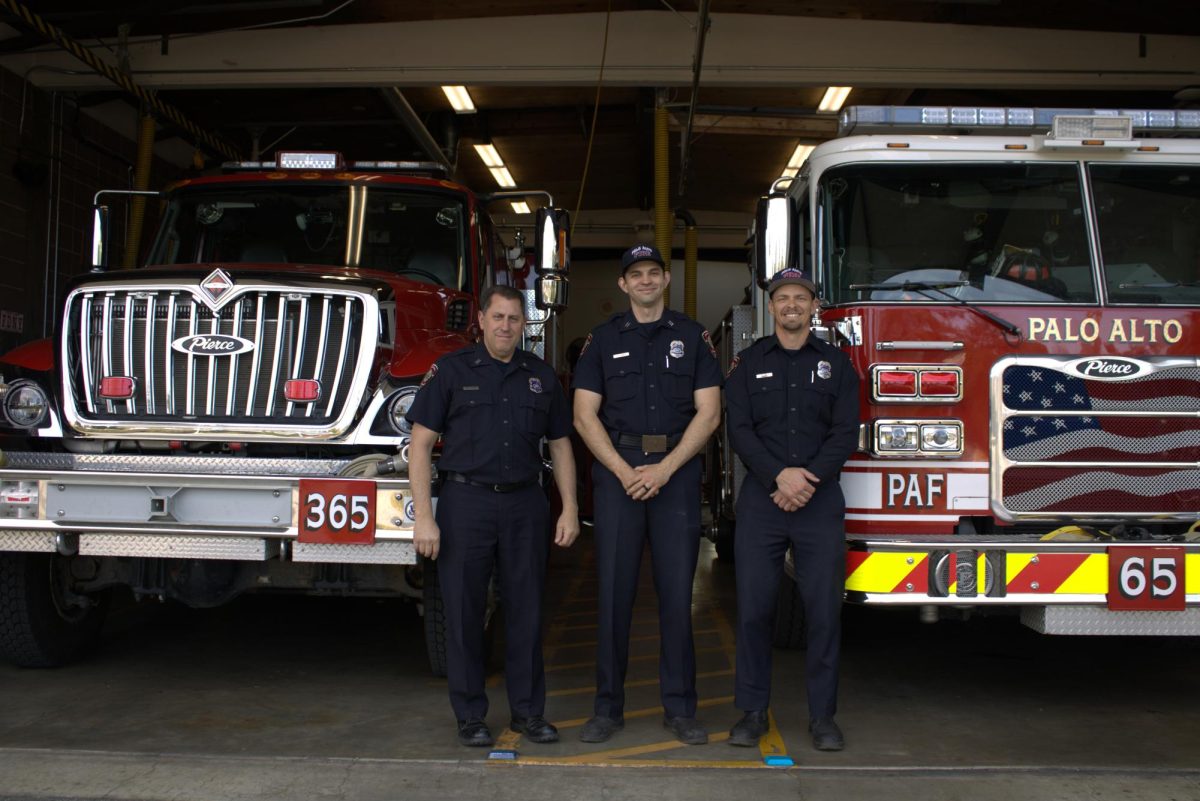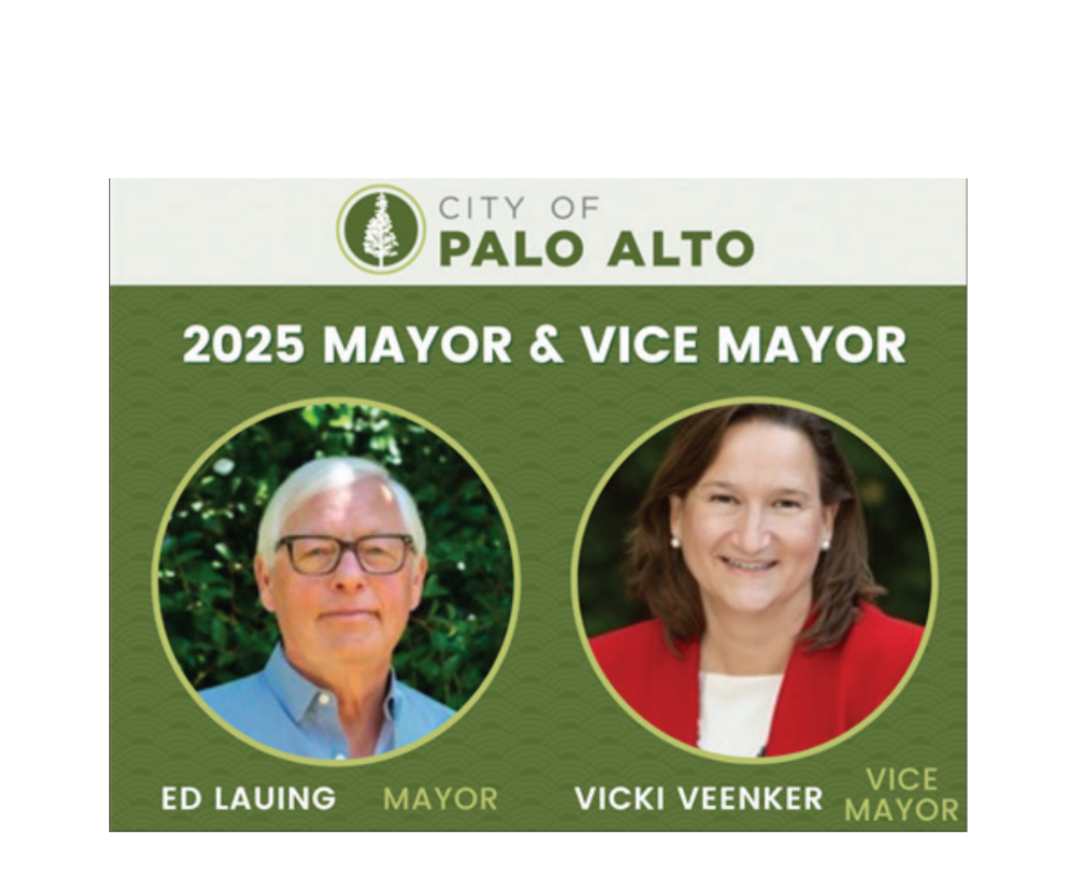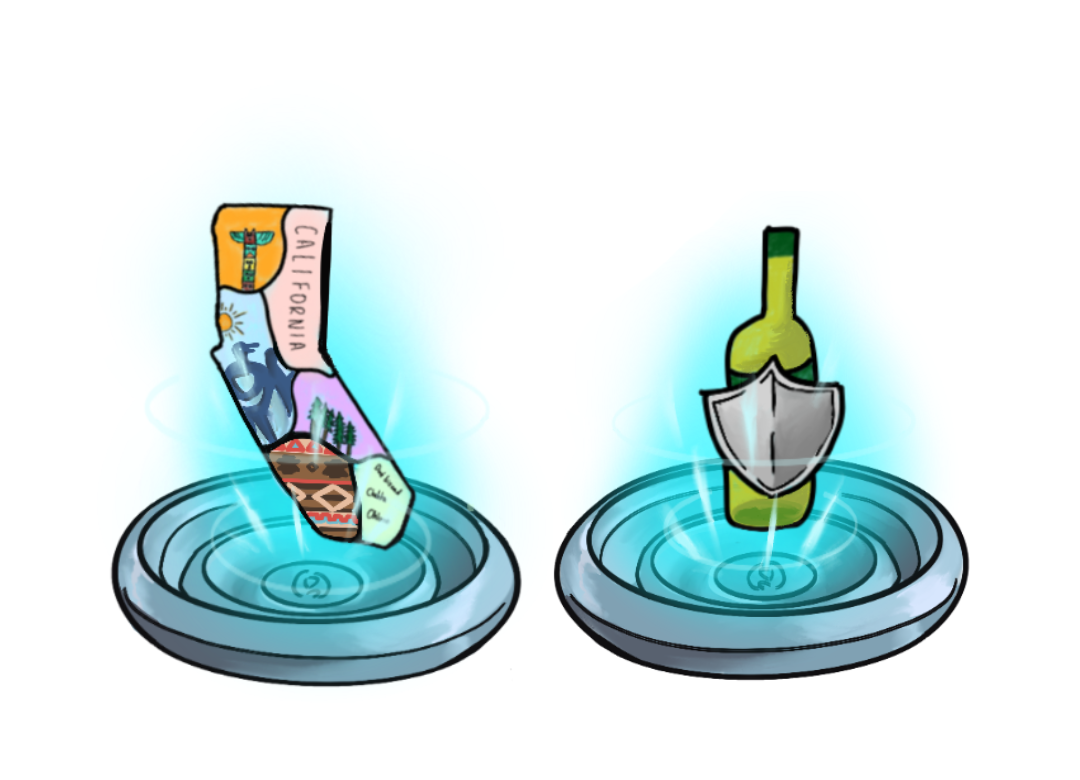Written by Evalyn Li
Palo Alto’s Sustainability and Climate Action Summit took place in the multipurpose room of Jordan Middle School on Jan. 24. Residents, council members, young people and other individuals gathered to listen to the current climate action draft plan.
Palo Alto Mayor Patrick Burt gave a brief introduction. Colonel Mark Mykleby, who could not attend in person due to flight complications, talked through Skype. He was followed by a presentation by Chief Sustainability Officer of the City of Palo Alto Gil Friend and community discussion.

District Energy Specialist Rebecca Navarro explains that this summit has allowed for the necessary community engagement. “It’s becoming very clear that climate change is a responsibility for the municipal government to address,” Navarro said. “I think the city of Palo Alto wants to involve its residents to the greatest extent possible so that there is an understanding of why it’s time to make some of these changes and changes in attitudes towards lifestyle.”
During the Summit, Friend reported the gains the city has made toward becoming a carbon-neutral city. Palo Alto has had a 35 percent reduction of greenhouse gas emissions since 1990 and a proposal for discussion is to achieve an 80 percent reduction by 2030, 20 years ahead of schedule in comparison to the state’s goal of 2050. Friend says that the passing of policy for carbon neutral electricity in 2013 signifies that along a four-year trajectory, Palo Alto will be carbon-neutral. Friend expresses excitement for the city’s pioneering path. “In other parts of the country like Chicago or Boston, where a lot of electricity comes from coal, their strategy is to move people out of coal into natural gas,” Friend said. “We are in this other world, saying, ‘No, natural gas is great, but not good enough for us; we’re going from natural gas to clean electricity.’”
Although Palo Alto is doing well in some areas, other areas still need more work. “The carbon-neutral electricity is a terrific move, the zero-waste program is a terrific move and that’s worth honoring,” Friend said. “On the other hand, transportation—between emissions, congestion and car dependence—is a mess; we don’t control it; it’s a regional nightmare.”
Friend emphasized the importance of dialogue throughout the summit and says that the city council will have a series of study sessions about each key strategy of the Climate Action Plan which will be extended to the community. “[At the summit] we are going high-level across everything,” Friend said. “What happens next is a lot more conversation about this to see what people resonate with, what they like, what they don’t like, what they’re concerned about and ultimately at some point it comes back to city council to say, ‘Let’s have some policy.’”

Navarro believes that adolescent voices are valuable in this ongoing conversation. “I think younger people have fresher perspectives and they’re more willing to embrace change,” Navarro said. She also believes that students know their campus best and it makes more sense for them to spearhead the change. “Students are best equipped to pinpoint really what are the issues and what would or wouldn’t work,” Navarro said. “To have an eye to that as you go through your school day and look through where the wasteful practices are, then you can move to the looking-for-solution phase.”
Project ENYbody, an environmental organization of students from Paly and Gunn, was also present at the Summit. Project ENYbody Vice President junior Helen Nguyen, along with 15 other Project ENYbody members staffed the event. Nguyen said that the youth turnout was good considering that most of the involvement is usually from adults. “The amount of young adults and students who showed up surprised me, but gave me hope that this feedback to Palo Alto will initiate more youth participation and action in our city,” she said.
Leading up to the event, Project ENYbody helped promote the event to youth audiences by reaching out to high school science teachers and creating a Facebook event. “Youth participation is so important in this climate summit,” Nguyen said. “I would encourage all students to go to as many events like this as they can because they are great opportunities for youth to showcase their voices.”
Regardless of whether one attended the Summit or not, Friend wants people to understand that making the sustainable choice can actually be making the easy choice. Nguyen agrees with him, adding that everything counts in order to achieve sustainability in Palo Alto. “A lot of people in general don’t really think that their help and their effort matters,” Nguyen said. “But every single amount of energy and effort put into saving our resources and going green is so necessary. We should start now.”
Correction: January 31, 2016
80 percent reduction by 2030 is a proposal for discussion, not an established policy.




